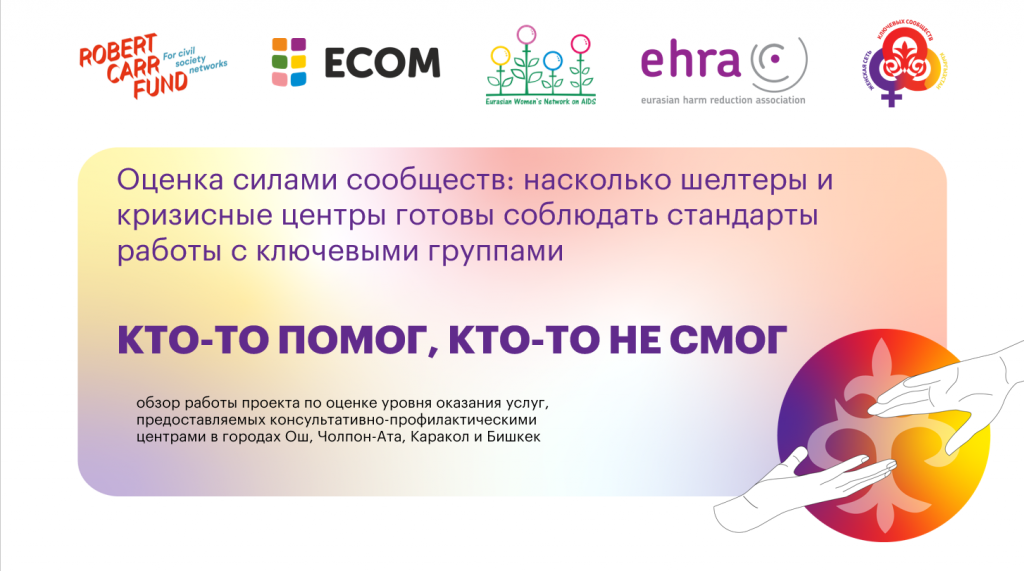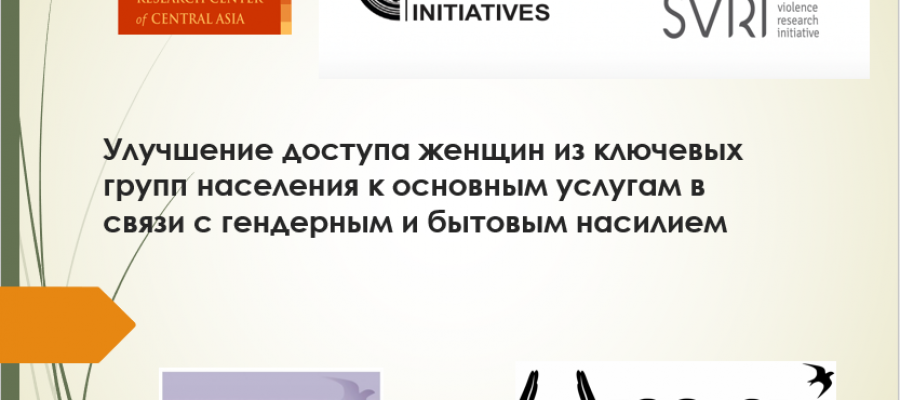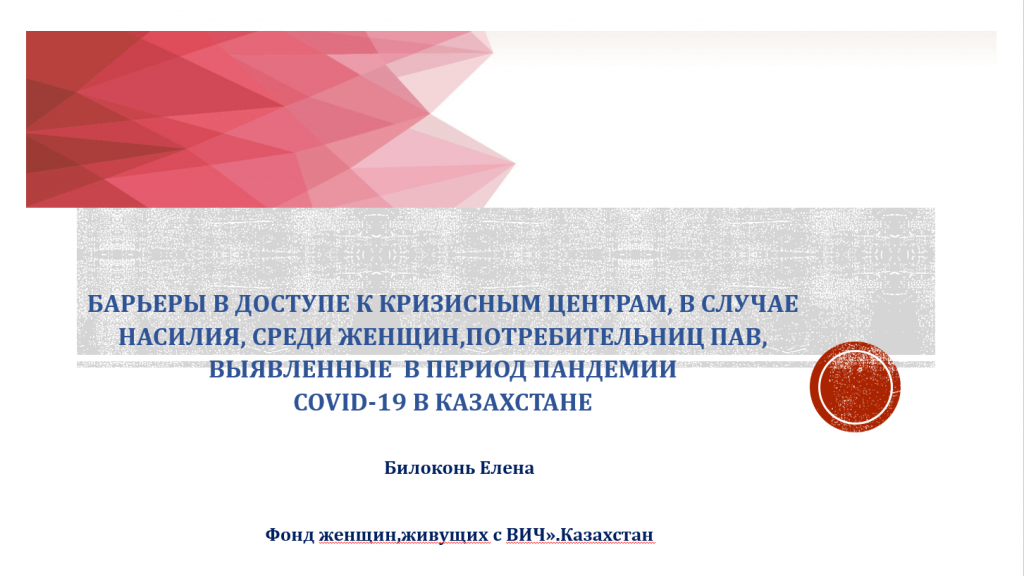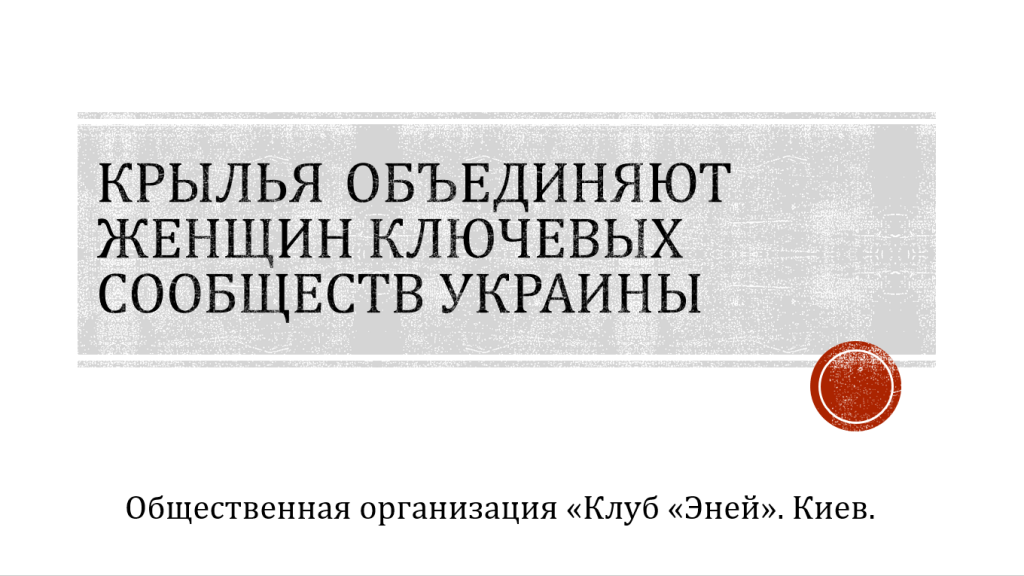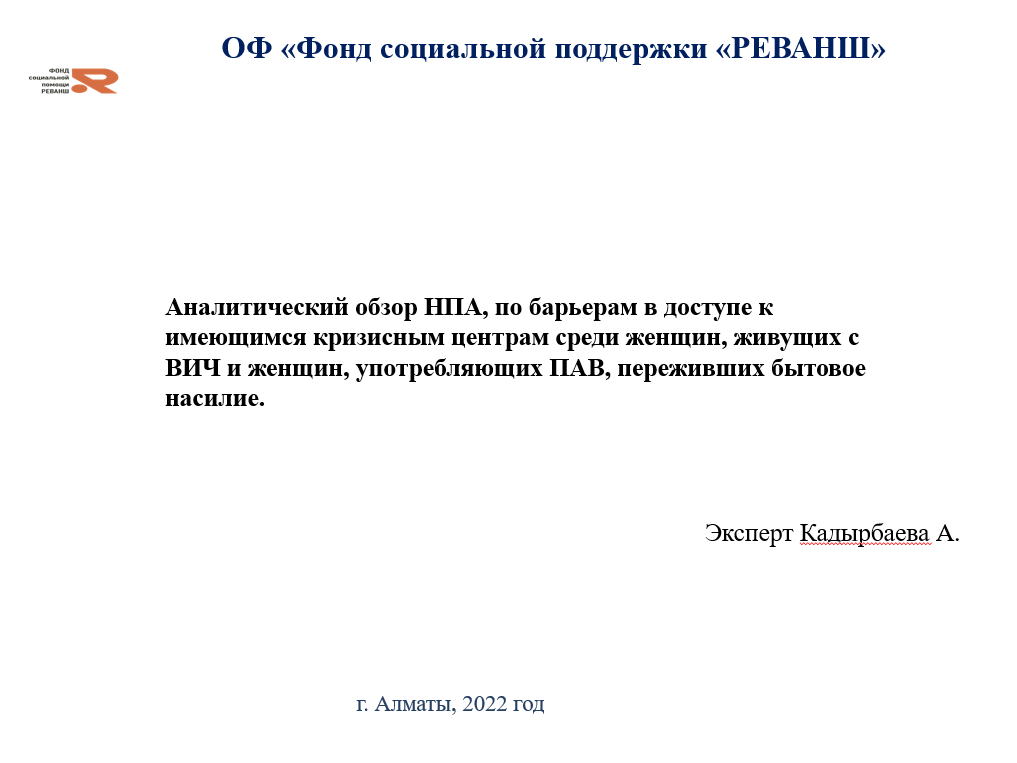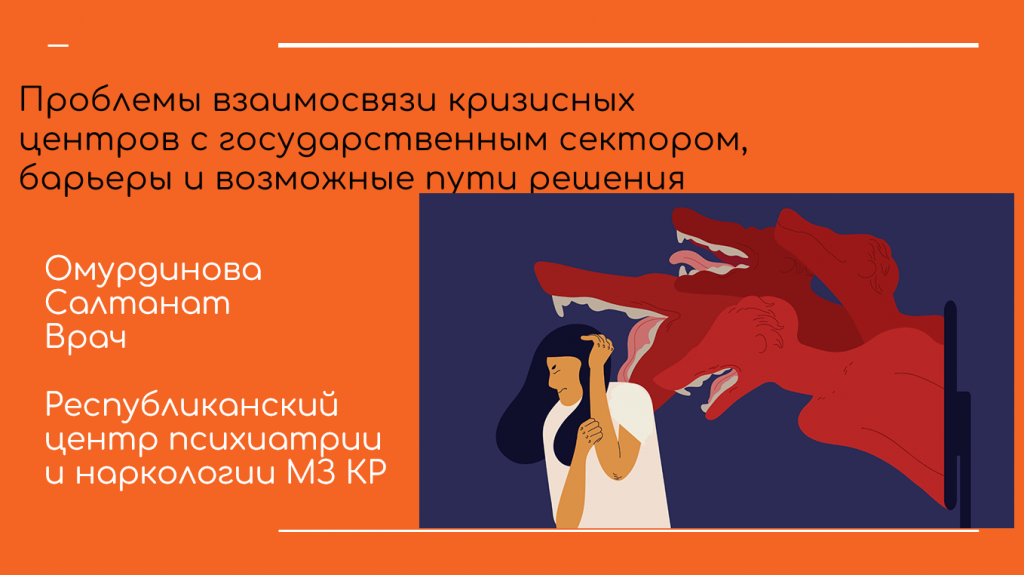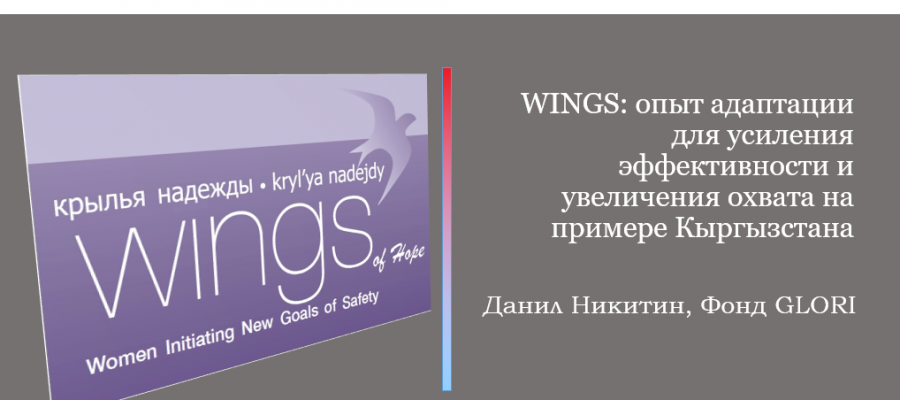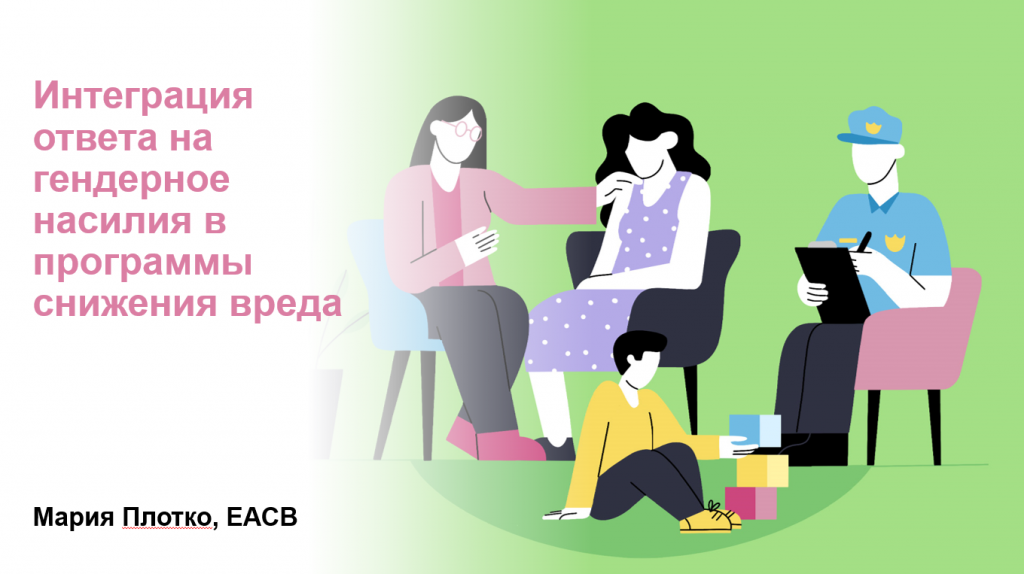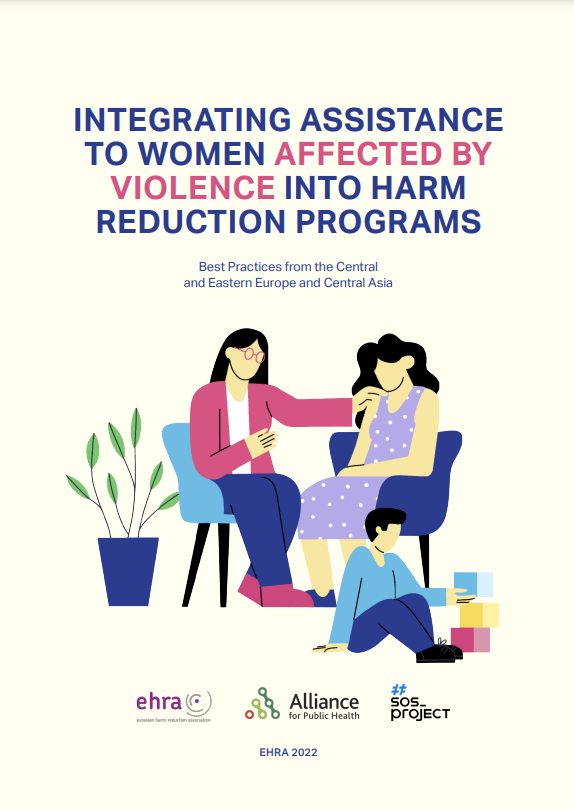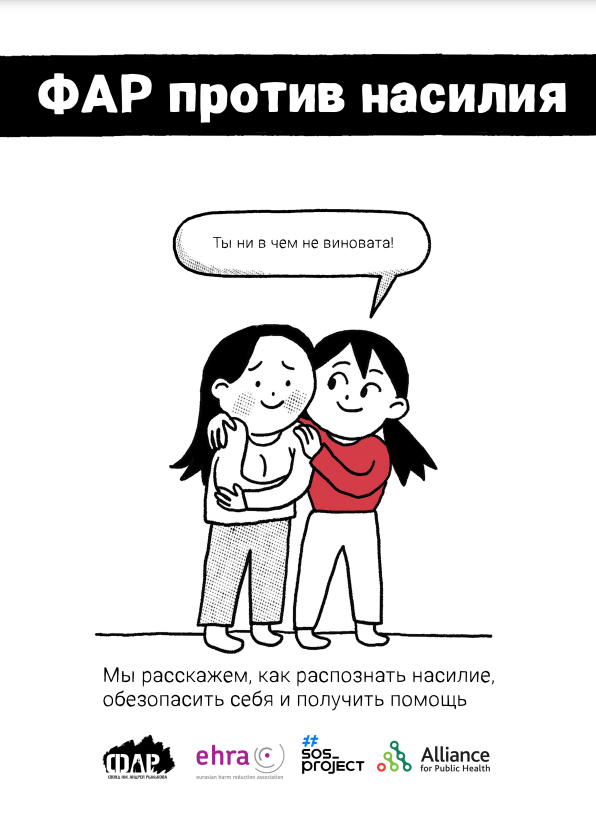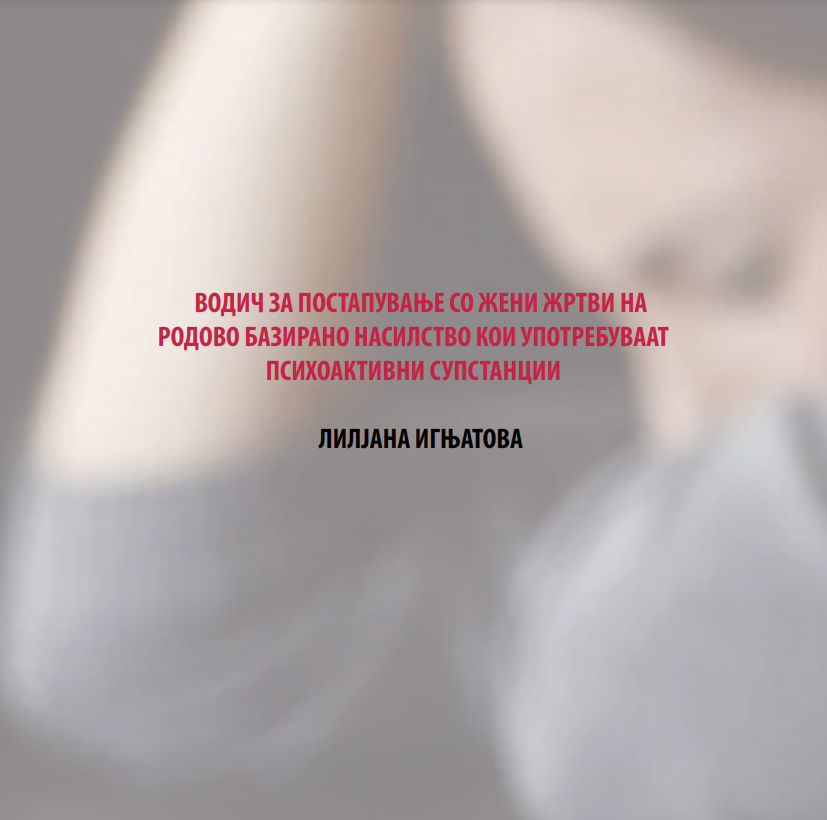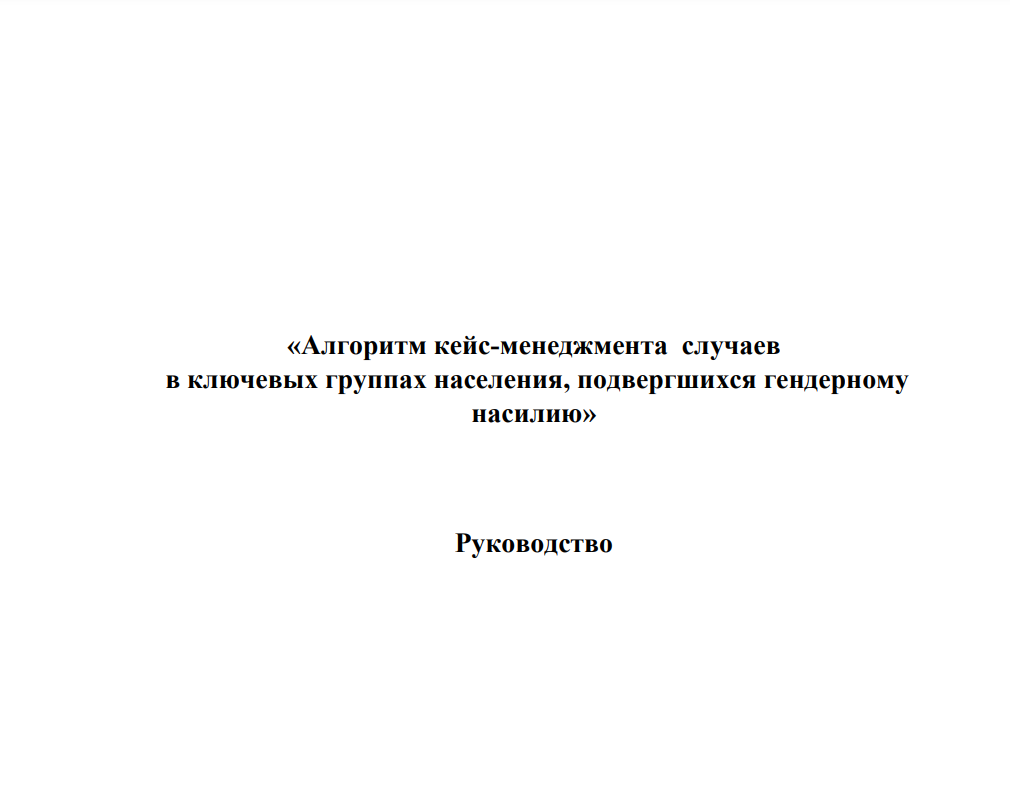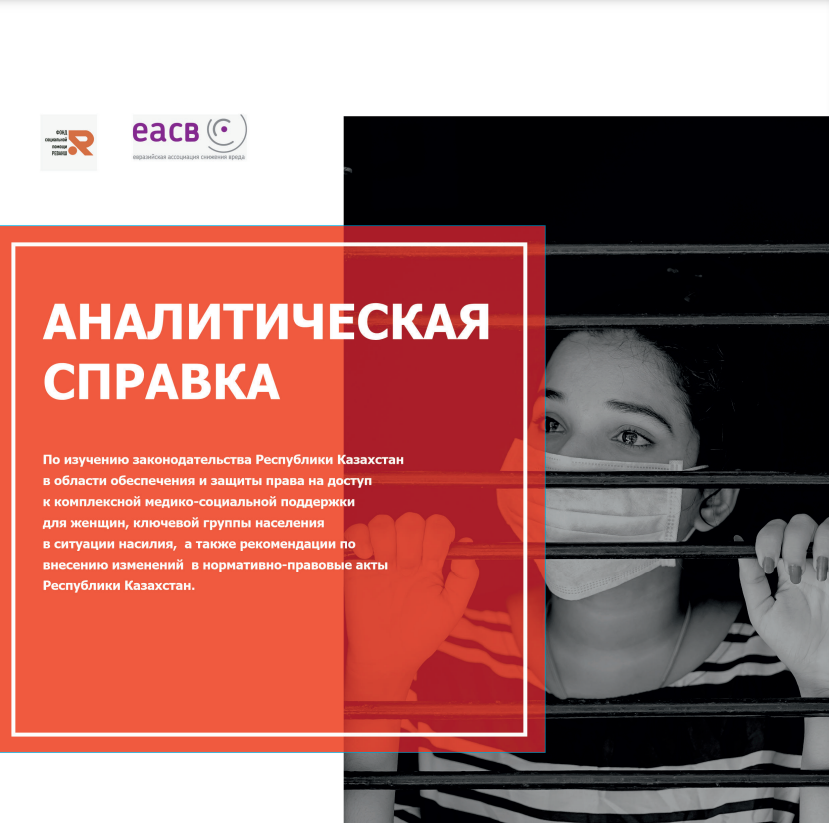| RFP Number: | EHRA-08-29 |
| RFP Title: | Consultant to analyse national trends in human rights violations |
| RFP Closing Date and time: | 24:00 EET on September 29, 2022 |
| Proposal Submission Address: | info@harmreductioneurasia.org |
Background
Eurasian Harm Reduction Association (EHRA) is a non-for-profit public membership-based organization uniting harm reduction activists and organisations from Central and Eastern Europe and Central Asia (CEECA) with its mission to actively unite and support communities and civil societies to ensure the rights and freedoms, health, and well-being of people who use psychoactive substances in the CEECA region. This call for proposals is organized within the project “Sustainability of Services for Key Populations in Eastern Europe and Central Asia”.
Criminalization of drugs drives systemic and widespread violations of virtually all human rights guaranteed by the national constitutions and international human rights treaties. Documenting these violations can serve the purpose of informing human rights treaty bodies about human rights violations falling under their mandates. Human rights treaty bodies are issuing drug policy recommendations concerning EECA countries and these recommendations are the results of human rights documenting and subsequent submissions of documented reports to human rights treaty bodies by civil society groups with the direct engagement of people who use drugs. This work shall continue in order to facilitate the implementation of the recommendations on the national level as well as to keep informing constructive dialogues between the human rights treaty bodies and EECA states about the implementation of human rights treaties with respect to people who use drugs.
Aim of the consultancy:
To analyse national trends on human rights violations of people who use drugs in Kazakhstan, Moldova, Georgia and Kyrgyzstan, based on Matrix for analysing trends in human rights violations against people who use drugs (matrix will be provided by EHRA).
EHRA will select one consultant per country (in total 4 consultants) for this consultancy.
Objectives of the consultancy:
- Analyse national trends on human rights violations of people who use drugs in Kazakhstan, Moldova, Georgia and Kyrgyzstan. This objective includes the following tasks: (1) to collect cases of human rights violations of people who use drugs in the country, (2) have an interview with harm reduction service providers and key stakeholders, (3) conduct desk research.
- With a support from EHRA international consultant, to prepare national report on national trends on human rights violations against people who use drugs (up to 10 pages).
- Together with EHRA international consultant to develop a submission to the UN treaty body.
The total number of consultancy days should not exceed 10 days.
Proposed timeline:
All tasks are to be completed by 6 November 2022. A detailed plan will be agreed upon separately once the agreement with the selected consultants has been concluded.
Evaluation Criteria
Submitted applications will be evaluated by the evaluation panel of the Eurasian Harm Reduction Association.
A two-stage procedure will be utilized in evaluating the proposals:
- evaluation of the previous experience (portfolio) via technical criteria – 80% in total evaluation;
- comparison of the costs (best value for money) – 20% in total evaluation.
Cost evaluation is only undertaken for technical submissions that score a minimum 80 points out of a maximum of 100 as a requirement to pass the technical evaluation. A proposal which fails to achieve the minimum technical threshold will not be considered further.
To assess submitted applications, the following technical criteria will be used (80%) (maximum possible number of points is 100):
| Evaluation criteria: | Points |
| Knowledge and experience in analyzing human rights violations | 40 |
| Experience in documenting human rights violations | 30 |
| Experience in developing national reports, submissions on human rights violations | 30 |
| Maximum possible number of points | 100 |
Cost proposal (20%): EHRA will allocate same importance to the provided portfolio and recorded experience as to the cost of the services. The cost proposal will be evaluated in terms of best value-for money to EHRA in EUR, price and other factors considered
Condition
This announcement shall not be construed as a contract or a commitment of any kind. This request for proposals in no way obligates EHRA to award a contract, nor does it commit EHRA to pay any cost incurred in the preparation and submission of the proposals.
How to apply
To be eligible as a EHRA consultant, any organization or individual must comply with:
- the Eurasian Harm Reduction Association Code of Ethics: https://old.harmreductioneurasia.org/ehra-code-of-ethics/
- the Eurasian Harm Reduction Association’s position on the Russian military aggression in Ukraine: https://old.harmreductioneurasia.org/eurasian-harm-reduction-association-condemns-the-russian-war-against-ukraine/
Applicants must submit the following documents:
- CV
- Letter of interest with examples of developed national reports, submissions on human rights violations
The CV and letter of interest should clearly state the competencies and experience of the candidate required for the task, the daily rate in euros and the number of days required for each of the tasks.
Please submit your proposal to the info@harmreductioneurasia.org. In the subject line of your e-mail please indicate the RFP number (EHRA-08-29) and your name. Otherwise, the application will not be considered.
General terms
Interested consultants should pay attention to the following conditions:
- Consultant must speak and write fluently and competently in Russian and/or English.
- EHRA will sign an agreement with the winners of the competitive selection. The contract will define a detailed work plan and payment terms.
- EHRA reserves the right (but does not commit itself to obligations) to enter into negotiations with one or more applicants in order to obtain clarifications or additional information, as well as to agree on the timing of work.
- The winner must confirm his/her daily rate before signing of the agreement.
- Results will be announced by October 3, 2022. Each candidate will be contacted individually.
- Any questions regarding this RFP should be sent to eliza@harmreductioneurasia.org till September 28, 2022.

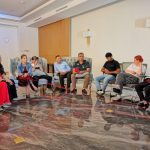
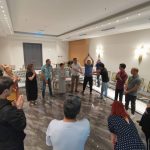
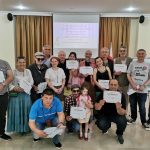
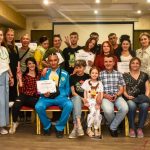
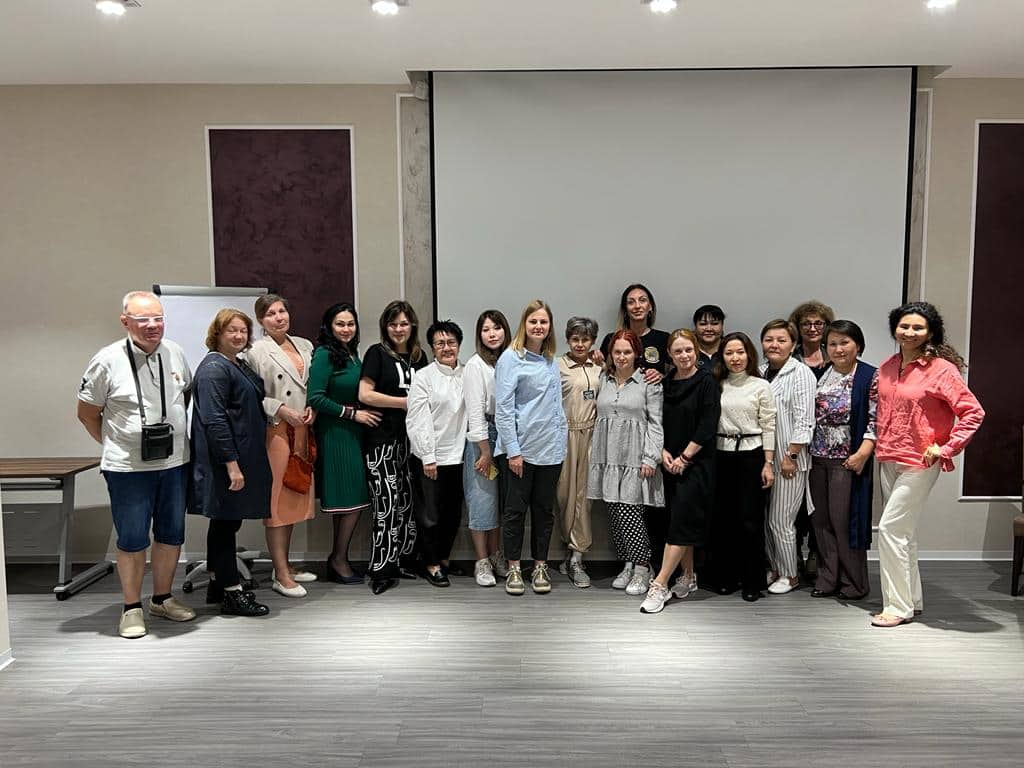 The meeting was attended by representatives of the community, shelter and rehabilitation center staff, police officers, psychologists, narcologists, as well as researchers helping to adapt WINGS and document its implementation in countries.
The meeting was attended by representatives of the community, shelter and rehabilitation center staff, police officers, psychologists, narcologists, as well as researchers helping to adapt WINGS and document its implementation in countries.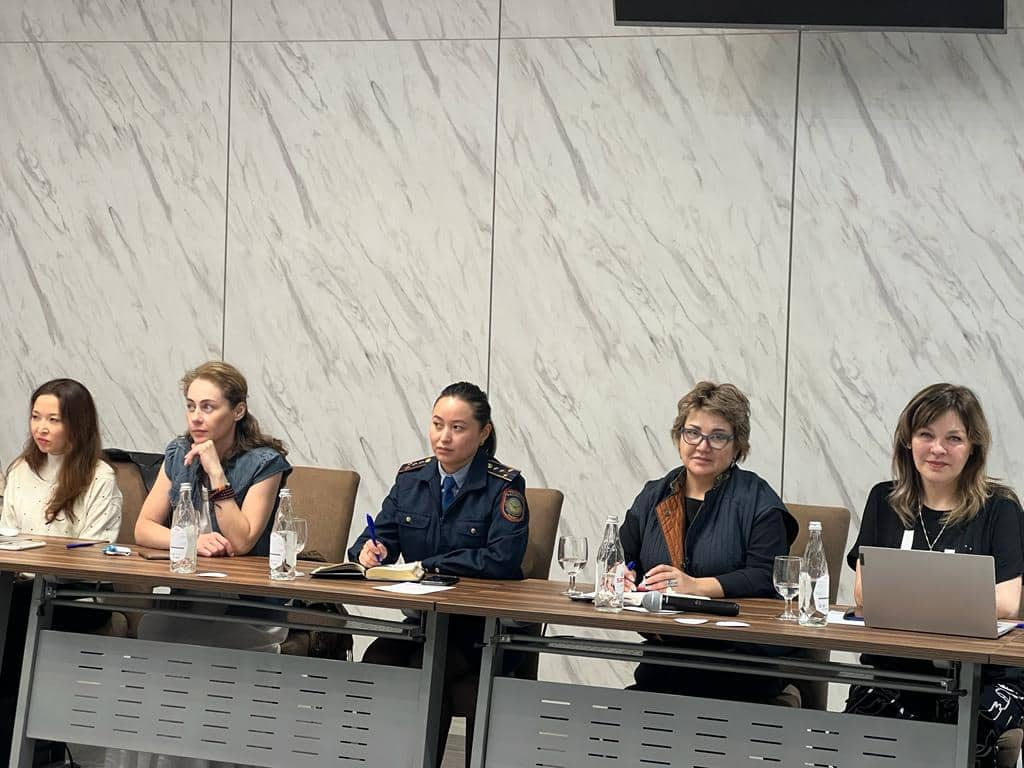 Despite the fact that the problem of gender-based violence is not new and has become especially relevant during lockdowns and isolation due to COVID and the war in Ukraine, in most countries of the region there are still no nationally accepted and working mechanisms, and referral schemes to respond to gender based violence. As part of the EHRA project “
Despite the fact that the problem of gender-based violence is not new and has become especially relevant during lockdowns and isolation due to COVID and the war in Ukraine, in most countries of the region there are still no nationally accepted and working mechanisms, and referral schemes to respond to gender based violence. As part of the EHRA project “